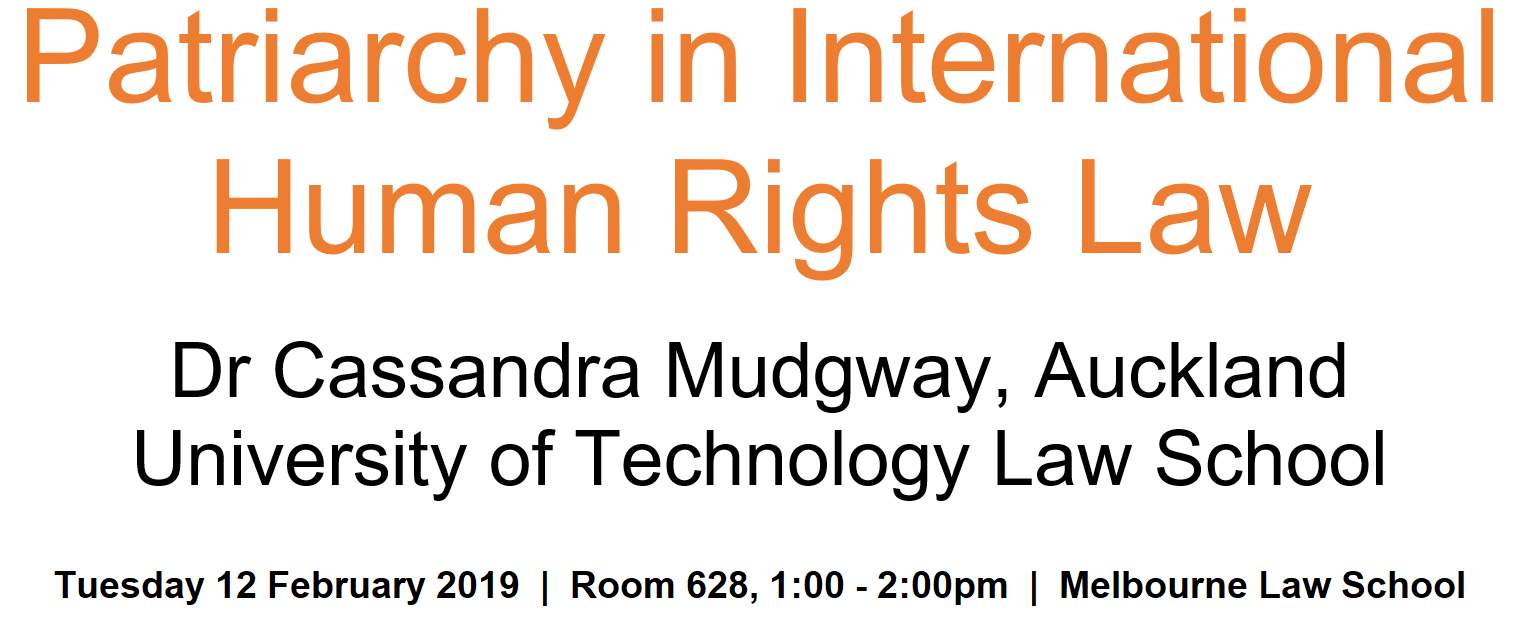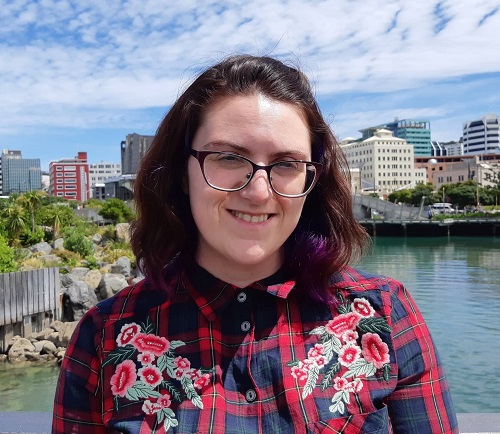
Over the past year, a worldwide movement has gripped social media and women’s rights activists; this movement was about survivors of sexual harassment and assault standing up and saying “me too”. The “me too” campaign makes visible the widespread and systemic presence of toxic masculinity and patriarchal attitudes in women’s lives. The campaign swept across the world, revealing that there was no institution, organisation, industry or government in which women were free from oppression. This revelation is a depressing reflection on the current state of international women’s rights.
In 1981 the international Convention on the Elimination of Discrimination against Women (CEDAW) came into force, with 189 states signing onto the treaty. Those 189 states agreed to protect and ensure women’s human rights and endeavour to take all reasonable steps to guarantee gender equality. Additionally, states party to this treaty agreed to dismantle social, religious and cultural structures which foster the subordination of women by men. This would seem to suggest that CEDAW requires states to dismantle patriarchal structures and attitudes, from the government to the private sphere. However, the treaty itself does not mention the word “patriarchy”.
This project aims to investigate three key sub-questions:
- Where in international law is the term “patriarchy” used and in what context?
- Can a legal definition of “patriarchy” be determined and is this appropriate?
- What impact does an international legal definition of “patriarchy” have on state obligations and the global women’s rights movement?

Dr Cassandra Mudgway is currently a Lecturer at the Auckland University of Technology Law School. She teaches and writes in the areas of feminist legal theory, international human rights law and international criminal law.
In 2018, Cassandra published her PhD research as a book: Sexual Exploitation and Abuse by UN Peacekeepers: Towards a Hybrid Solution (Routledge). She is now researching the use of the term “patriarchy” in international law, and is continuing her work looking at sexual harassment and bullying in the armed forces.
Outside of academia, Cassandra has interests in human rights and feminist activism. She was one of the founders of the University of Canterbury’s Feminist Society and has been an active member of the National Council of Women New Zealand.